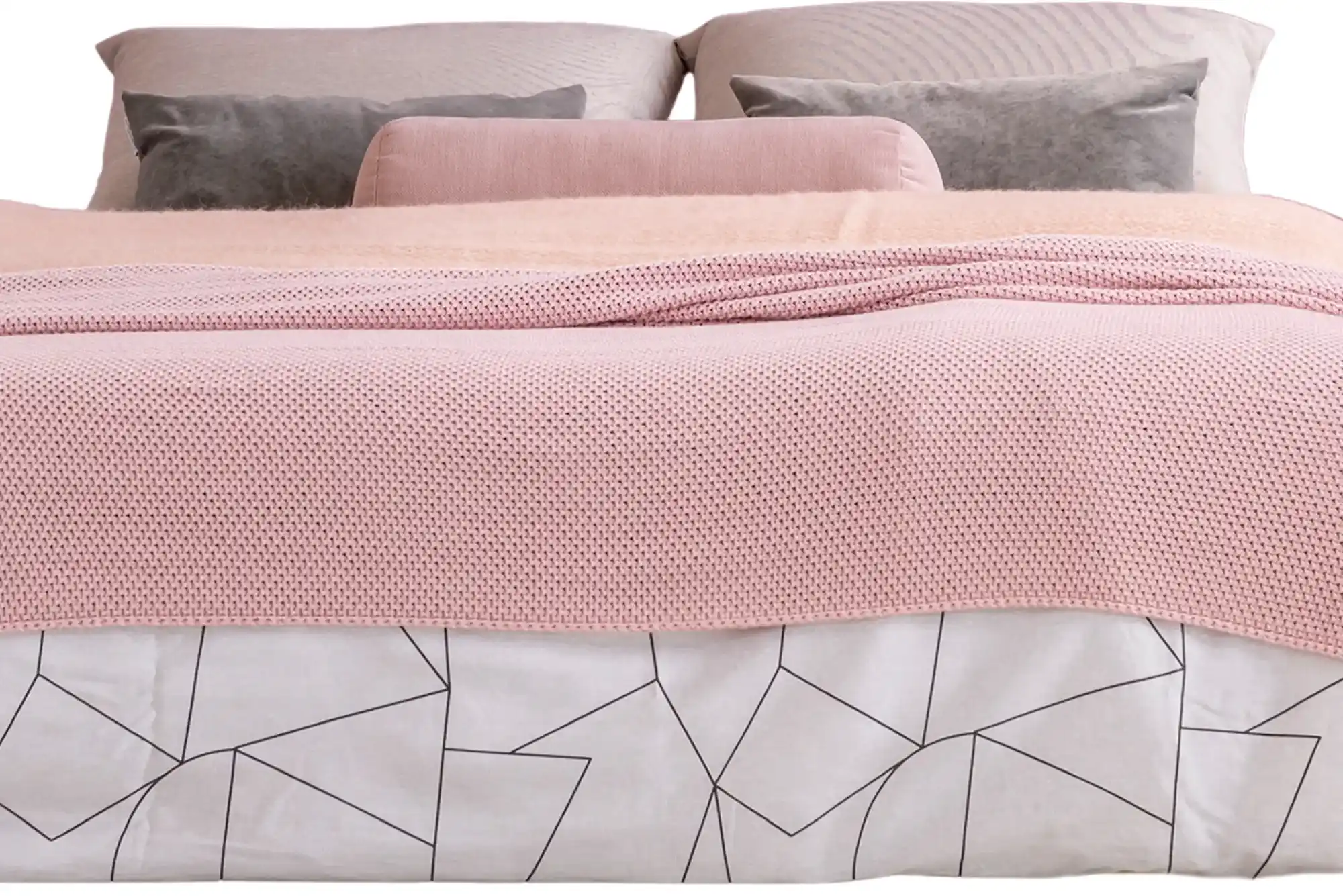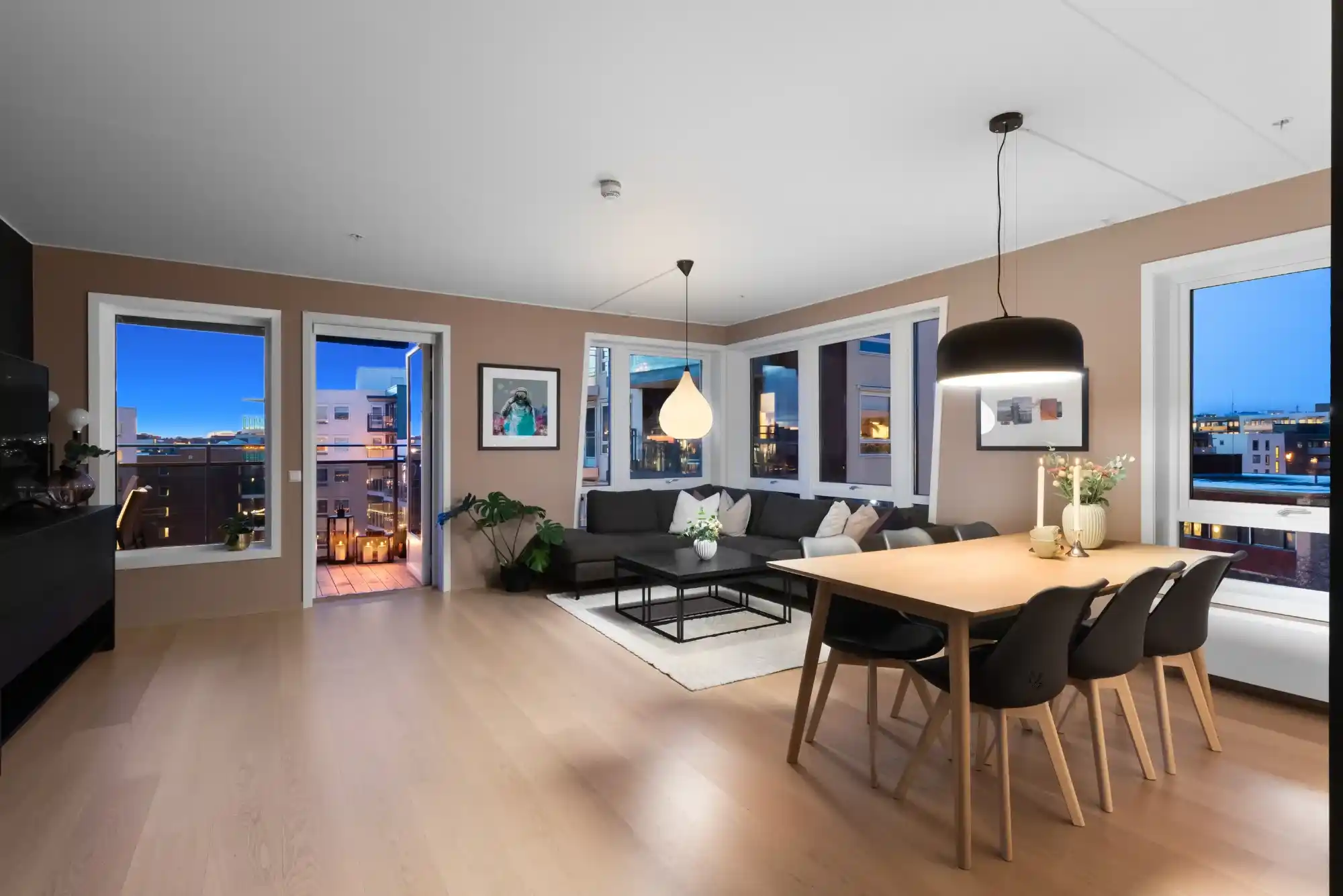The hospitality industry thrives on creating exceptional guest experiences, and high-quality linens play a pivotal role in achieving this. From crisp bed sheets to plush towels, linens contribute to the comfort and aesthetic appeal of any hotel. However, sourcing these essentials at the right price can be a challenge for hoteliers. With numerous hotel linen suppliers offering a range of products, understanding how hotel linens wholesale prices compare is crucial for making informed purchasing decisions.
This article dives deep into the factors that influence wholesale linen prices, compares offerings from various suppliers, and provides actionable tips for hoteliers looking to balance quality and cost. Whether you’re managing a boutique inn or a large hotel chain, this guide will help you navigate the world of wholesale linen procurement with confidence.
Why Wholesale Linen Prices Vary Across Suppliers
Wholesale linen prices can differ significantly from one supplier to another due to several key factors. Understanding these variables will help you evaluate options and select a supplier that aligns with your hotel’s needs and budget.
Material Quality and Composition
The type of material used in linens is one of the most significant determinants of price. Common materials include cotton, polyester, and cotton-polyester blends, each with varying costs:
-
Cotton: Known for its softness and durability, 100% cotton linens, especially those made from long-staple varieties like Egyptian or Pima cotton, tend to be more expensive. These are often preferred for luxury hotels due to their superior comfort and breathability.
-
Polyester: More affordable than cotton, polyester linens are durable and resistant to wrinkles, making them a popular choice for budget-conscious hotels. However, they may not offer the same level of comfort.
-
Blends: Cotton-polyester blends strike a balance between cost and quality, offering durability and softness at a lower price point than pure cotton.
Suppliers specializing in high-end materials, such as organic or sustainably sourced cotton, often charge a premium, while those offering synthetic blends may provide more budget-friendly options.
Thread Count and Weave
Thread count—the number of threads per square inch—also affects pricing. Higher thread counts (e.g., 300–600) typically indicate softer, more luxurious linens but come at a higher cost. The weave type, such as percale or sateen, further influences the price. Percale is crisp and lightweight, while sateen offers a silky, lustrous finish, often commanding a higher price due to its premium feel.
Manufacturing and Sourcing Practices
Where and how linens are manufactured plays a significant role in pricing. Suppliers with production facilities in countries with lower labor costs, such as India or China, may offer more competitive prices. However, ethical sourcing and sustainable manufacturing practices, such as using eco-friendly dyes or fair-trade labor, can increase costs. Some hotel linen suppliers prioritize transparency in their supply chains, which may result in slightly higher prices but appeal to environmentally conscious hoteliers.
Order Volume and Customization
Wholesale pricing often depends on the order volume. Suppliers typically offer tiered pricing, with larger orders receiving greater discounts. Customization options, such as monogramming or specific sizing, can also increase costs. For example, boutique hotels requiring custom-sized linens for unique bed configurations may face higher prices than chain hotels ordering standard sizes in bulk.
Supplier Reputation and Services
Established hotel linens wholesale suppliers with a reputation for quality and reliability may charge more due to their brand value and additional services, such as dedicated customer support, fast shipping, or flexible return policies. Smaller or newer suppliers might offer lower prices to attract customers but may lack the same level of service or product consistency.
Comparing Top Hotel Linen Suppliers
To provide a clearer picture of how wholesale linen prices compare, let’s examine some key considerations when evaluating suppliers. While specific supplier names and prices may vary, the following factors can guide your comparison.
Price Ranges for Common Linen Types
Wholesale linen prices vary depending on the product category and supplier. Below are approximate price ranges for common hotel linens (based on standard sizes and bulk orders):
-
Bed Sheets:
-
Basic polyester or cotton-blend sheets: $5–$15 per sheet
-
100% cotton sheets (200–300 thread count): $15–$30 per sheet
-
Luxury cotton sheets (400+ thread count): $30–$60+ per sheet
-
-
Towels:
-
Economy cotton or blend towels: $2–$5 per towel
-
Mid-range cotton towels: $5–$10 per towel
-
Premium spa-quality towels: $10–$20+ per towel
-
-
Duvet Covers and Pillowcases:
-
Basic blends: $10–$25 per item
-
High-quality cotton: $25–$50+ per item
-
These ranges are indicative and can vary based on supplier, order volume, and specific product features. Requesting quotes from multiple hotel linen suppliers is the best way to get accurate pricing for your needs.
Supplier Types: Direct vs. Distributors
When sourcing linens, you’ll encounter two main types of suppliers:
-
Direct Manufacturers: These suppliers produce linens in-house and sell directly to hotels. By cutting out intermediaries, they often offer lower prices, especially for large orders. However, their product range may be limited, and lead times for custom orders could be longer.
-
Distributors: These suppliers act as middlemen, offering a wide variety of linens from multiple manufacturers. While their prices may be higher due to markups, they provide convenience, faster shipping, and a broader selection, which can be ideal for hotels needing diverse products.
Comparing quotes from both direct manufacturers and distributors can help you find the best balance between cost and convenience.
Regional vs. International Suppliers
Choosing between regional and international suppliers also impacts pricing. Regional suppliers may offer faster shipping and lower transportation costs, making them a cost-effective choice for hotels in the same country. However, international suppliers, particularly those in textile hubs like India or Turkey, may provide lower per-unit costs for bulk orders, even when factoring in shipping fees.
Hidden Costs to Consider
When comparing prices, don’t overlook hidden costs that can affect your overall budget:
-
Shipping Fees: International or expedited shipping can significantly increase costs. Some suppliers offer free shipping for large orders, so inquire about thresholds.
-
Minimum Order Quantities (MOQs): Suppliers may require a minimum order, which could be challenging for smaller hotels with limited storage or budget.
-
Taxes and Duties: For international orders, import duties and taxes can add to the total cost.
-
Replacement Costs: Lower-priced linens may wear out faster, leading to higher replacement costs over time. Investing in durable, high-quality linens from reputable hotel linens wholesale suppliers can save money in the long run.
Tips for Choosing the Right Hotel Linen Supplier
Selecting the right supplier involves more than just comparing prices. Here are some practical tips to ensure you partner with a supplier that meets your hotel’s needs:
Request Samples Before Committing
Before placing a large order, request samples to assess the quality of the linens. Feel the texture, test the durability, and wash the samples to see how they hold up. This step is especially important for luxury hotels aiming to provide a premium guest experience.
Compare Total Cost of Ownership
Instead of focusing solely on the upfront cost, consider the total cost of ownership, which includes durability, maintenance, and replacement frequency. For example, high-quality cotton sheets may cost more initially but last longer than cheaper blends, reducing the need for frequent replacements.
Evaluate Supplier Reliability
Research the supplier’s reputation through online reviews, industry forums, or recommendations from other hoteliers. A reliable supplier should offer consistent quality, timely delivery, and responsive customer service. Check if they have experience working with hotels of your size and type.
Negotiate for Better Pricing
Don’t hesitate to negotiate with suppliers, especially for large or recurring orders. Many hotel linen suppliers are willing to offer discounts or favorable terms to secure long-term business. Be clear about your budget and requirements to find a mutually beneficial agreement.
Prioritize Sustainability
Sustainability is increasingly important in the hospitality industry. Look for suppliers that offer eco-friendly linens, such as those made from organic cotton or recycled materials. While these products may cost more, they can enhance your hotel’s brand image and appeal to environmentally conscious guests.
Balancing Quality and Cost in Linen Procurement
Finding the right balance between quality and cost is essential for hoteliers. While it’s tempting to opt for the cheapest linens, low-quality products can lead to guest dissatisfaction and higher long-term costs. Conversely, investing in premium linens may not be feasible for budget hotels. Here’s how to strike the right balance:
-
Define Your Needs: Determine the level of quality required based on your hotel’s star rating, target audience, and brand identity. A budget hotel may prioritize durability and affordability, while a luxury resort may focus on softness and aesthetics.
-
Mix and Match: Consider using high-quality linens for guest-facing items like bed sheets and towels, while opting for more affordable options for less visible items like mattress protectors.
-
Plan for Bulk Purchases: Buying in bulk can lower per-unit costs, but ensure you have adequate storage space and a clear inventory management system to avoid waste.
Trends in the Hotel Linen Industry
The hotel linen industry is evolving, with new trends influencing pricing and supplier offerings. Staying informed about these trends can help you make strategic purchasing decisions:
-
Sustainable Materials: Demand for eco-friendly linens is growing, with suppliers offering organic cotton, bamboo, and recycled polyester options. These products may cost more but align with consumer preferences for sustainability.
-
Antimicrobial Linens: In response to heightened hygiene concerns, some suppliers now offer linens treated with antimicrobial coatings, which can command a premium price.
-
Smart Textiles: Innovations like temperature-regulating fabrics or linens with built-in stain resistance are emerging, offering added value but at a higher cost.
Conclusion: Making Informed Linen Purchasing Decisions
Comparing wholesale linen prices across hotel linen suppliers requires a thorough understanding of material quality, manufacturing practices, and hidden costs. By evaluating suppliers based on price, reliability, and alignment with your hotel’s needs, you can secure high-quality hotel linens wholesale that enhance guest satisfaction without breaking the bank.
Take the time to request samples, negotiate terms, and consider long-term costs when making your decision. Whether you prioritize luxury, durability, or sustainability, the right supplier will offer a balance of quality and affordability tailored to your hotel’s unique requirements. With careful planning and research, you can build a linen inventory that elevates your guest experience while staying within budget.











